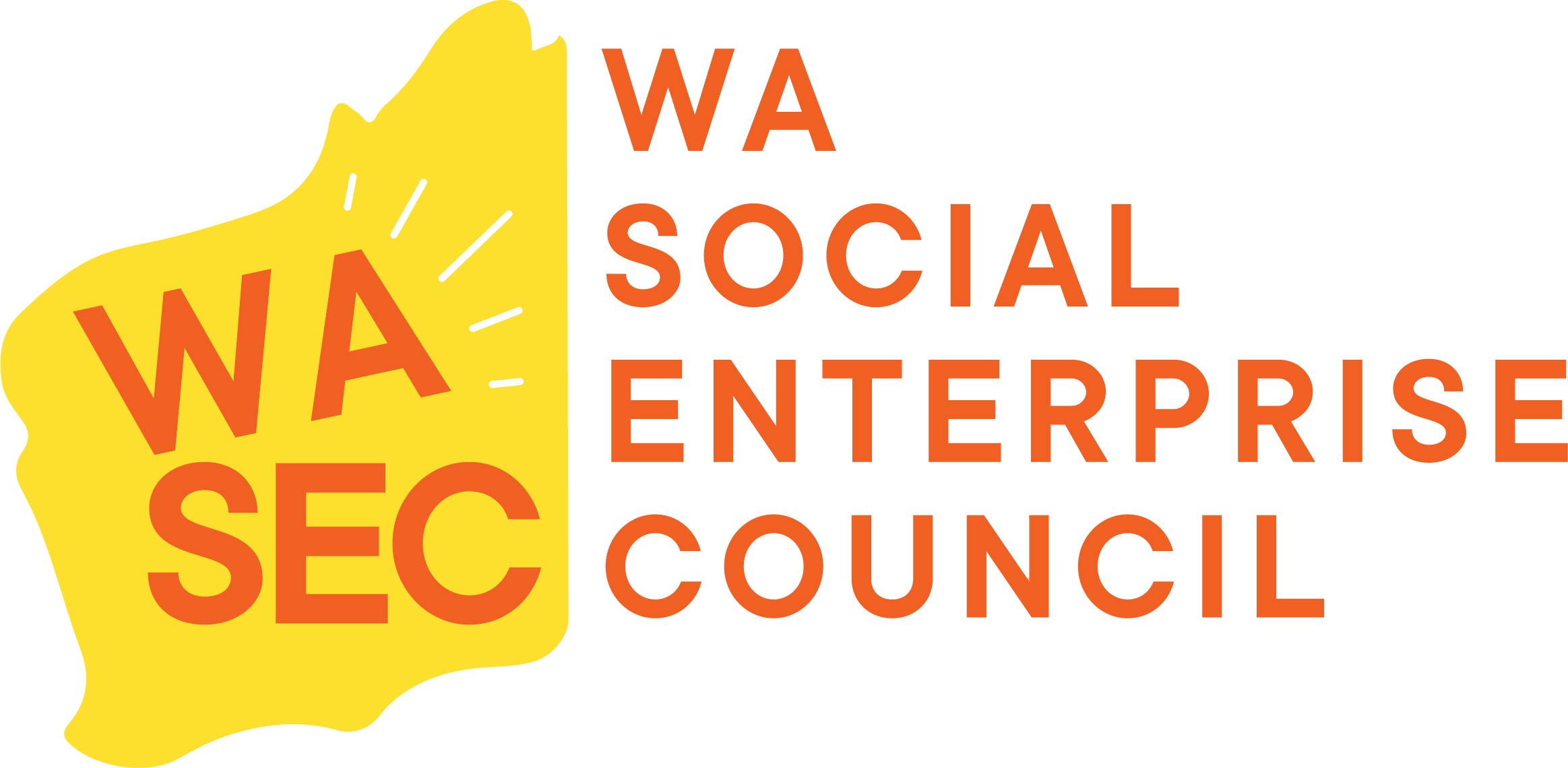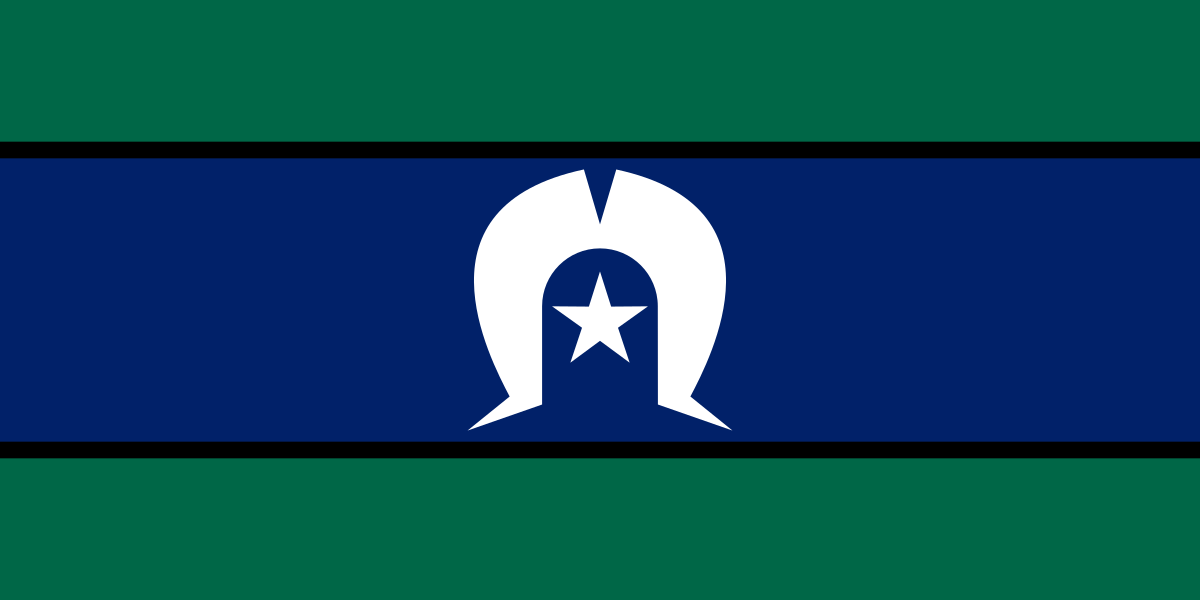James has always been driven by a deep curiosity—one that, from an early age, had him pulling things apart to understand how they worked rather than simply accepting them as they were. Raised in a home where science and literature coexisted, he developed a mindset that blended technical problem-solving with creative thinking, an approach that would go on to define his work in technology, entrepreneurship, and social impact.
His problem-solving instinct took shape early. By the age of 10, he had already launched his first venture, Wonderballs, turning a simple motorized toy into a schoolyard business and raising funds for charity. In high school, that same drive was channeled into academics. Taking on seven subjects—including Mathematics Specialist, which he aced despite attending only half the classes—he graduated as Dux of College, earning top honors in physics, economics, and mathematics.
Though originally offered a place to study Mathematics and Physics at St Andrews University in Scotland, James chose to stay in Perth, where he pursued Computer Science and Data Science at UWA. True to form, he pushed the limits of the system, enrolling in more subjects than allowed while seeking opportunities beyond the classroom. Volunteering across multiple nonprofits, he quickly saw a pattern: outdated technology was holding these organizations back. Without the internal expertise to manage digital systems, they were stuck relying on expensive, ineffective external providers. James saw an opportunity to change that.
That realisation led to the founding of Zentient, WA’s first technology consulting firm to operate as a social enterprise, endorsed by the WA Social Enterprise Council (WASEC). Zentient was built on a simple mission: help nonprofits take control of their digital infrastructure, reducing their reliance on costly third parties and equipping them with sustainable, tech-driven capacity.
By 2024, Zentient had become a force in the sector. The company was awarded a State Government Innovation Booster Grant, funding a $48,000 project to develop a platform that empowers nonprofits to manage their own IT infrastructure. That same year, James was named a finalist in the YACWA State Youth Awards for Youth Futures Innovation for a Sustainable Future, recognising his contributions to social impact innovation.
Zentient also achieved major financial and operational milestones in 2024. Now in its third year, the company saw 4x revenue growth, surpassing six figures, while delivering an estimated $100,000 in savings for the sector by operating at half the cost of competitors. Its financial model proved sustainable, with gross profit margins rising by 40% and overheads reduced by 38%—demonstrating that impactful technology solutions don’t have to come at an exorbitant price.
In 2025, Zentient is taking its impact even further with the launch of the Zentient Impact Scholars program, a new initiative designed to bridge the gap between consulting strategy and real-world implementation. Through a partnership with 180 Degrees Consulting, the program funds student consultants to continue working with nonprofits beyond the initial recommendation phase, ensuring that well-intentioned strategies don’t just sit in reports but become real, executed solutions. Scholars gain hands-on experience in implementation consulting, working directly with nonprofits under mentorship from the Zentient team—a model that benefits both students and the organizations they serve.
James’ leadership philosophy has evolved through both successes and challenges. The early days of Zentient were marked by rapid growth, followed by the tough realities of financial strain and restructuring. Learning to balance ambition with sustainability, he now leads with a people-first approach—both in the way he runs his business and in how he helps organizations build stronger digital cultures.
Today, Zentient is more established than ever, and James remains at the forefront of technology-driven social impact. Whether developing new platforms, mentoring young innovators, or reimagining how nonprofits can harness digital tools, he continues to follow the same principle that has guided him since childhood: break things apart, understand them fully, and rebuild them into something better.
.svg)





